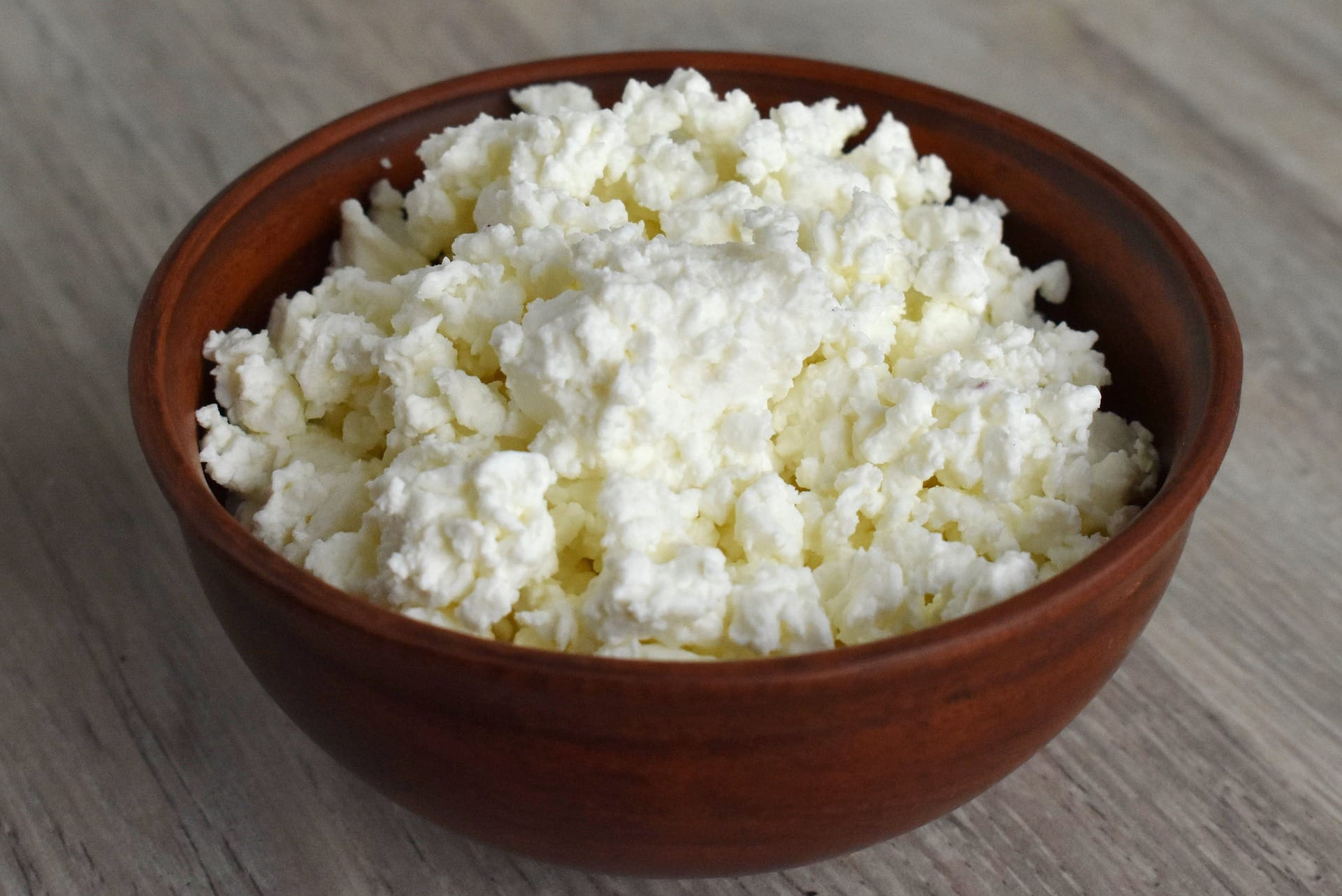Over the past decades, low-fat foods have been considered healthier and more dietary. We decided to check if they really help you lose weight.
Information that when dieting you should give preference to low-fat products, you can find V Media, as well as in culinary blogs and on websitesdedicated to nutrition. Very popular Dukan diet includes low-fat dairy products. Manufacturers And sellers These products also claim to help you lose weight.
It would seem logical: the less fat in a product, the fewer calories it contains. However, this is not entirely true. If you remove fat from a product, it will become tasteless. Manufacturers compensate for this with flavoring additives and sweeteners, that is, carbohydrates. And we already wrote that a low-carb diet, according to research, is much more effective than a low-fat diet. This means that reducing fat by increasing carbohydrates is not the best idea to lose weight.
IN ordinary granola, for example, contains 12 g of sugar, while low fat - 22 g. At the same time, the calorie content of low-fat is even higher. The same applies to fruit yoghurts: in a product with ordinary milk and with low fat contains approximately the same amount of calories, but the second contains more sugar. Nutritionists recommend avoiding low-fat salad dressings, since many vitamins from vegetables are simply will not be assimilated no fat. In addition, such gas stations are also contain sugar and food additives that imitate the texture of butter. The same concerns and dairy products, such as cottage cheese: calcium is better absorbed together with fats.
Texture, in addition to taste, is another indicator by which low-fat foods are inferior to their fatty counterparts. So, for example, cheese, made from low-fat milk, does not hold its shape well and does not melt so well when heated. To fix this, it add stabilizers, fat substitutes and thickeners, which may be harmful to health. But the taste is still not as good as regular cheese.
In addition, fat in the diet increases feeling of satiety. If a person eats fat-containing foods, he becomes full faster and consumes less food. Low-fat foods, although they contain fewer calories (although, as we have already found out, not always), are not as nutritious, which means that there is a chance that a person will eat more and thereby compensate for the very difference in calories.
In the 80s and 90s in the USA there was a widespread enthusiasm low-fat diets and low-fat foods, but despite this, percent Obese people have been steadily increasing. This is partly because it is very easy to fall into a psychological trap with low-fat foods.
In the West there is such a term as Snackwell's effect. Snackwell's cookies were incredibly popular in the US in the 90s. The brand produced low-fat sweets and thus attracted millions of customers. However, in terms of calories, they were almost the same as competitors with regular fat content due to the large amount of sugar and other carbohydrates. At the same time, it seemed to consumers that since it was a low-fat product, it was healthier and more dietary and could be eaten in any quantity. Whereas with regular cookies they would have stopped at one or two, Snackwell’s were eaten in batches. Nutritionists think, that this effect applies to any products that seem less harmful to consumers: low-fat and low-carb foods, calorie-free soda, and anything else. If the harm seems less, people start using more.
Thus, low-fat products are not always lower in calories than the “original” full-fat versions, as they often contain more carbohydrates. In addition, with such products there is a risk of overeating, since psychologically it seems to people that there is nothing harmful in them and they don’t have to limit themselves. Fats help vitamins to be absorbed, but their substitutes do not, they do not provide any benefit, which means they are meaningless calories. In addition, some researchers believe that such products can be harmful. To avoid the trap of low-fat foods, you need to read the ingredients, check the nutritional value and follow the moderation, otherwise you may gain weight instead of losing weight.
Mostly not true
Read on the topic:
- Is it true that sugar-free soda is a healthier alternative to regular soda?
- Is it true that a low-fat diet is most effective for weight loss?
- Is it true that separate meals are an effective way to lose weight?
If you find a spelling or grammatical error, please let us know by highlighting the error text and clicking Ctrl+Enter.







